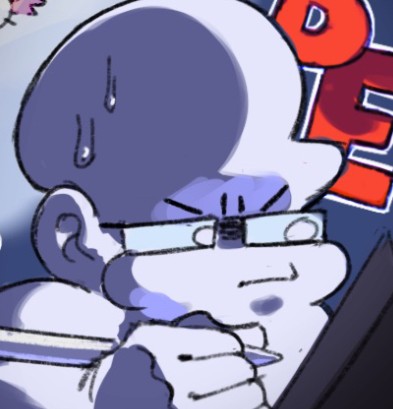We were lucky to catch up with Jack Sullivan recently and have shared our conversation below.
Jack, thanks for taking the time to share your stories with us today We’d love to hear about a project that you’ve worked on that’s meant a lot to you.
Hands down the most meaningful, personal project I’ve worked on that reeks of passion is Akimbo, my fully independent video game, which I currently still work on in my copious spare time. As for some background, I’ve always wanted to make video games; I’m a loser who plays too many games and also a loser who likes to draw and make things, so game development always felt like a natural endgame for me. After repeated failed attempts to learn Unity, the easiest game engine, I finally pulled myself up by my bootstraps and enrolled in a game development course in my university, wherein if I don’t learn Unity, I’ll fail the class and probably drop out of uni and become homeless. Now that there was a proverbial gun to my head in the form of the looming threat of homelessness, I had no choice but to sit down, face my demons, and actually learn something beneficial. Four months and four games later, I actually learned a lot– not just about Unity, but about game design, programming, sound design, sound editing, 3-D modeling, rigging, animating, etc. Akimbo, a 3-D arcade style shoot-’em-up, and the last game I made for the course, was the culmination of everything I learned while under duress. Not only that, it also marked an important milestone– it marked the point where I could confidently say “okay, I can make games now”. I’ve since continued to work on it almost every day since then, and its blossomed from a quaint little school assignment into something vaguely resembling an actual video game. I hope one day I’ll be able to release it in some official, measurable capacity to critical acclaim, and eventually have an office in Nintendo of Japan Headquarters next to Shigeru Miyamotos’, where we’d basically be best buds and hang out and do stuff together and hang out. Miyamoto-san, if you’re reading this, let’s talk employment.
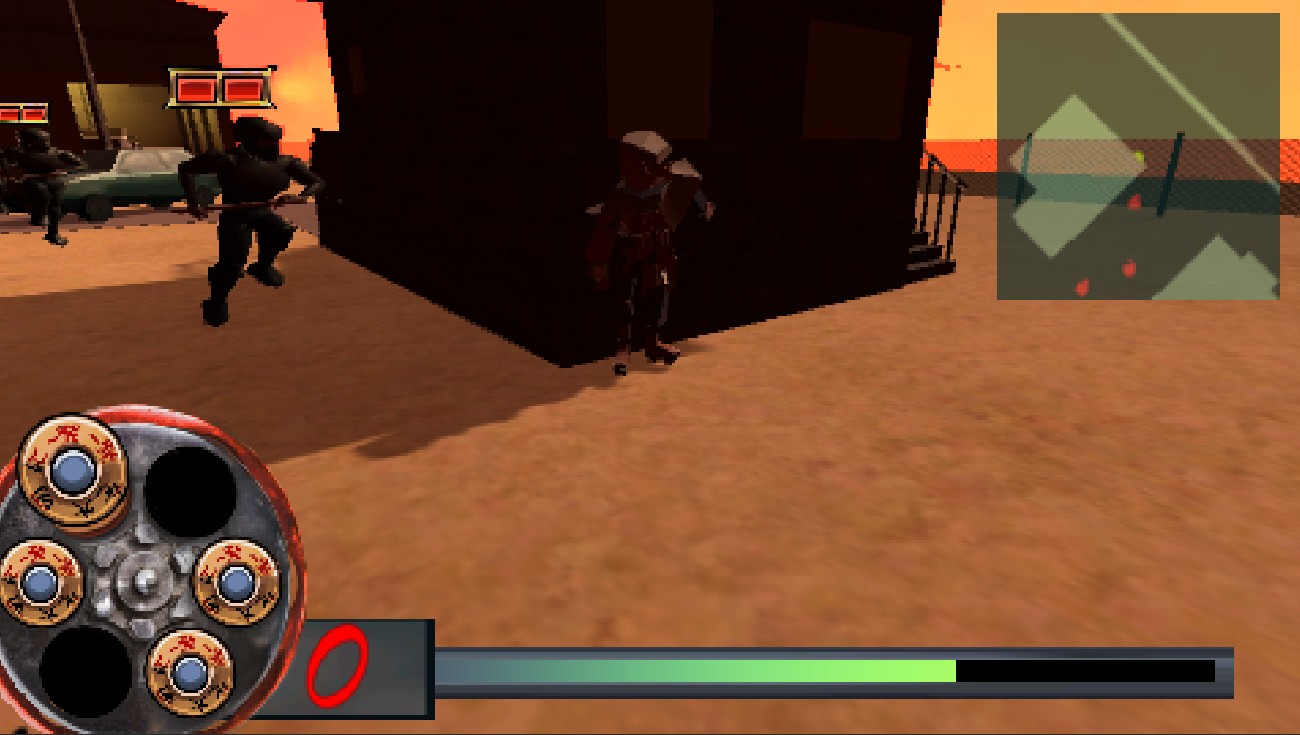

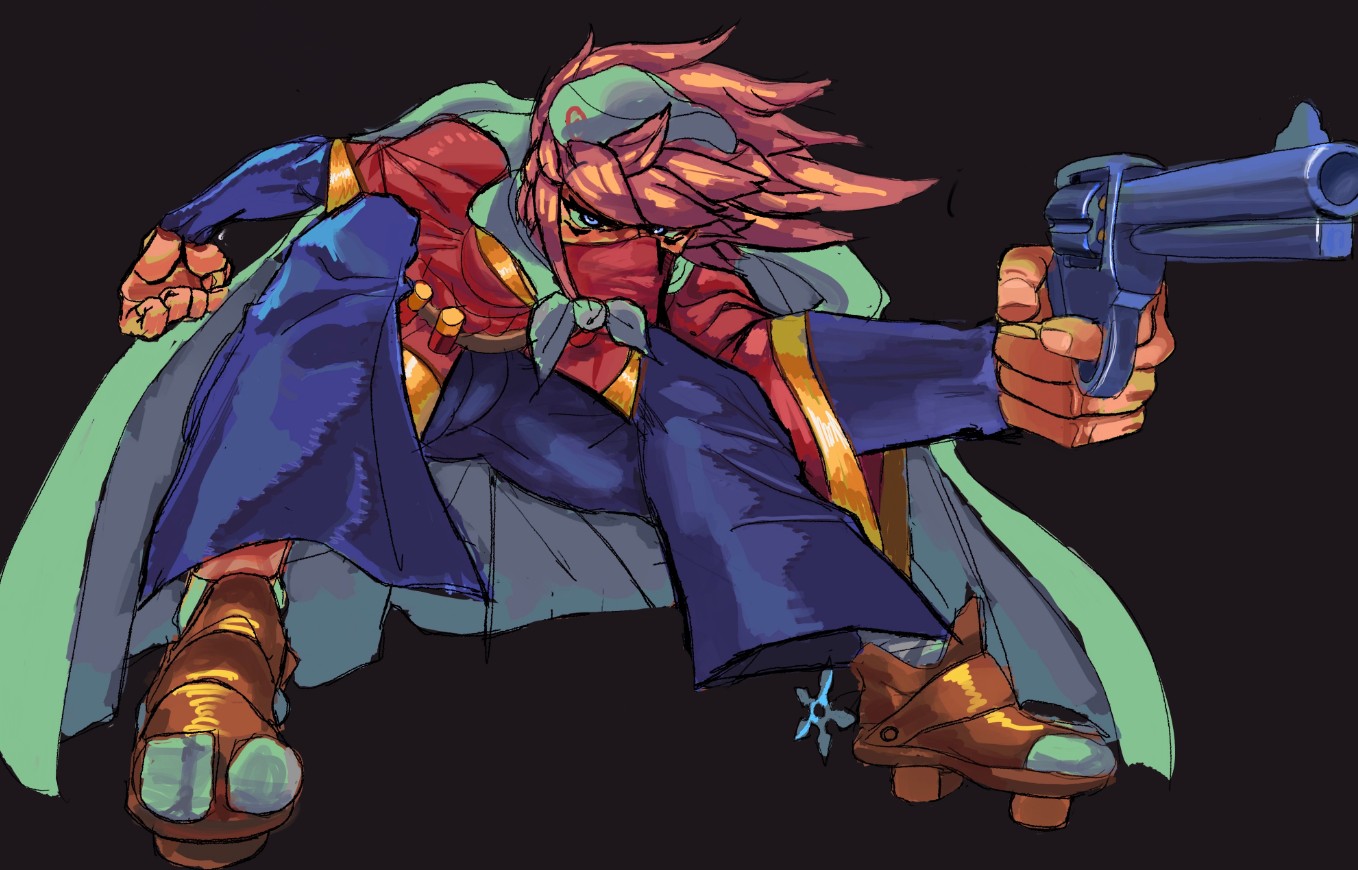
As always, we appreciate you sharing your insights and we’ve got a few more questions for you, but before we get to all of that can you take a minute to introduce yourself and give our readers some of your back background and context?
To be perfectly honest, there is no definitive point where I “got” into art. Like Beethoven (the piano player, not the lovable St. Bernard), I started young; while every other child was developing useful core skills that’d help them throughout their daily lives, I was scribbling abstract shapes on my parents’ CRT television screen, with crayon. When my parents saw how I’d defaced their property, they realized there was only two possible future career paths that I could go down: A) Serial Killer, or B) Artist. Fortunately, I went with the latter– although, it was up in the air for a while. I’d spent the following two decades refining and honing my craft. and over hundreds of TVs later, I got my first actual freelance commission from my friend, who at the time, needed a thumbnail artist for their YouTube channel. Since then, we’ve had a will-they-won’t-they professional relationship, where I’ve done most of his YouTube thumbnails and helped build his brand for him in exchange for money (get a room you two, am I right?). Afterwards, I also began advertising my art on social media and accepting commissions (paid freelance gigs) from clients (strangers on the internet). It was so exciting and rewarding to finally be able to monetize my artistic skills, and start to build a solid, professional body of work. I continue to waste countless hours working on different personal projects, mainly my independent video games, which you can find and play on my itch.io page FOR FREE. I think what sets myself apart from others is my humor. I’ve been told by atleast two people that I’m a funny guy, and for a delusional narcissist, that’s all the confirmation bias that I need. I try to make my humor shine through my works as much as possible, because if people are busy laughing, they won’t notice the dozens of flaws. I also employ this strategy in real life when speaking to other people. I don’t just use humor as a crutch, I use it as a full-blown wheelchair.
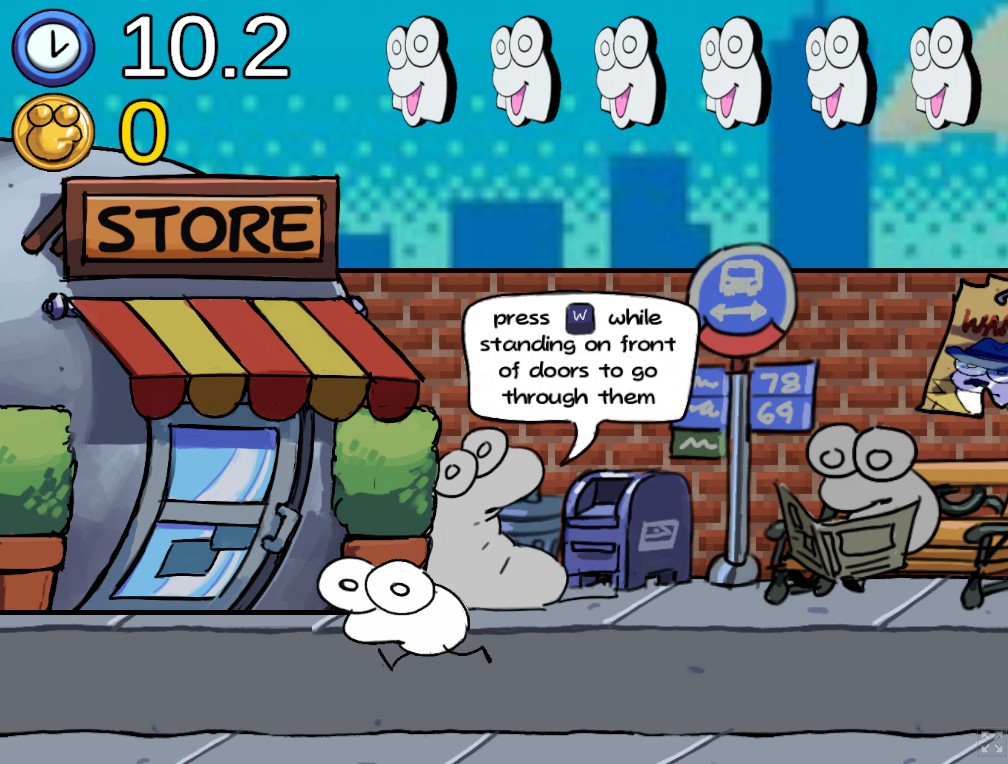
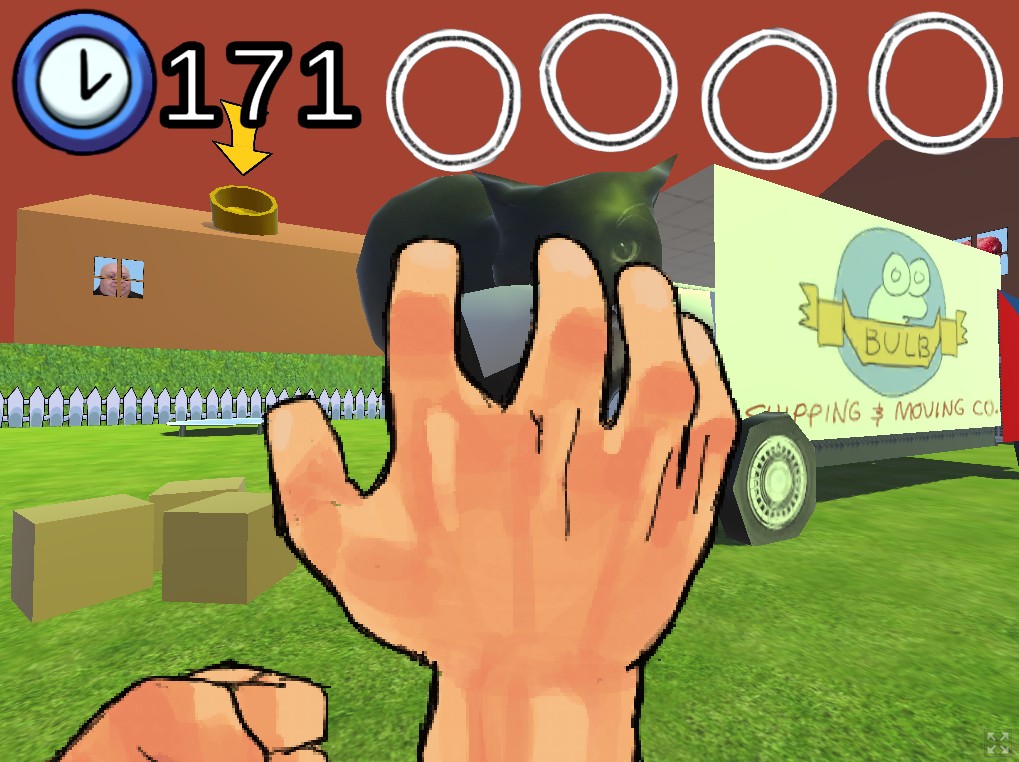
What do you think is the goal or mission that drives your creative journey?
My primary mission fueling my creative journey is to make something that appeals to myself. If I’m creating something with the intent of having people enjoy it, and I make something that I myself’ would enjoy, then perfect; that’s already one person who will like what I make. After all, if you’re not making something that you yourself would enjoy, then what’s the point? If you create something that you’d openly detest, then your finished product is going to reek of cynicism, and then *no one* is going to like it, meaning you’ve pretty much just failed. As a means to this end, you can think of every single one of my works as an amalgam of all of my favorite things, thoughtlessly regurgitated and stitched together to make one grotesque abomination. The foolproof recipe for creating something that you’d like is to shamelessly inject it with things from other pieces of media that you know you like already. Ultimately, making art is just one never-ending game of telephone, where one work/artist inspires the next. Trying to find a piece of media that is wholly, one-hundred percent original would be an exercise in futility. Even the first ever cave paintings of mammoths were inspired by mammoths.
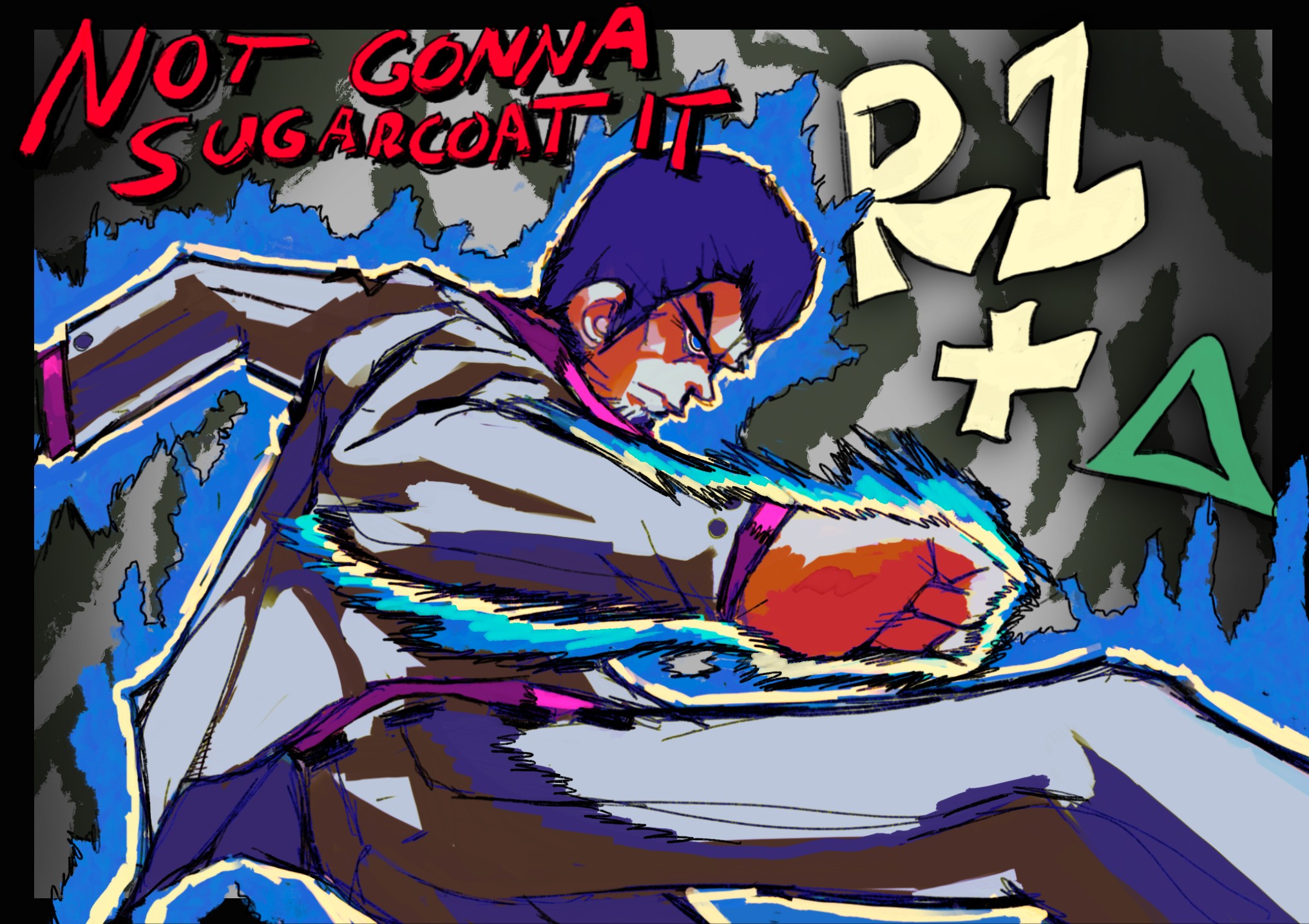
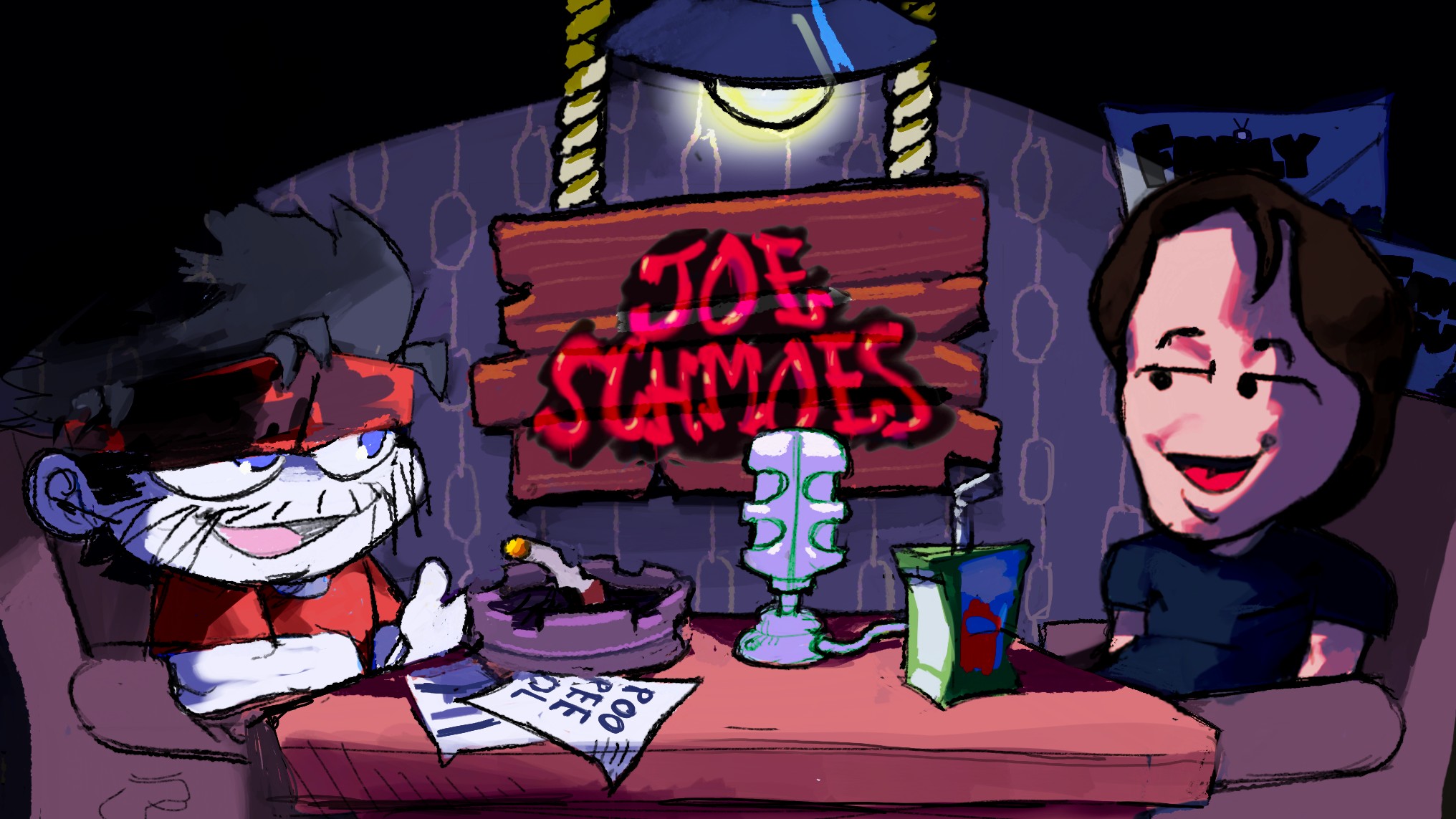
What can society do to ensure an environment that’s helpful to artists and creatives?
As we start to enter a new age where AI will begin churning out a never-ending cesspool vapid grey slop, I think the best thing we can all do is support humans. It sounds dramatic and kind of ridiculous, but it’s true– as AIs “artistic” capabilities inch closer to that of a persons, corporations and studios will look to AI as an easy and efficient way to make content for the sake of making content. After all, why pay hundreds of humans who will take at least six months to animate one episode of a television show, when I could just make a bunch of robots spit out an entire season of that TV show in six hours for free? Stories and works of art, like A Dog With A Blog for example, resonate with audiences because there is a human at the center of it all. If you take that human element out of the equation, all that you’re left with is numbing visual stimuli. We need to keep real, live human beings of flesh and bone at the helm of art/filmmaking, otherwise the future of media consumption is going to be utterly joyless.
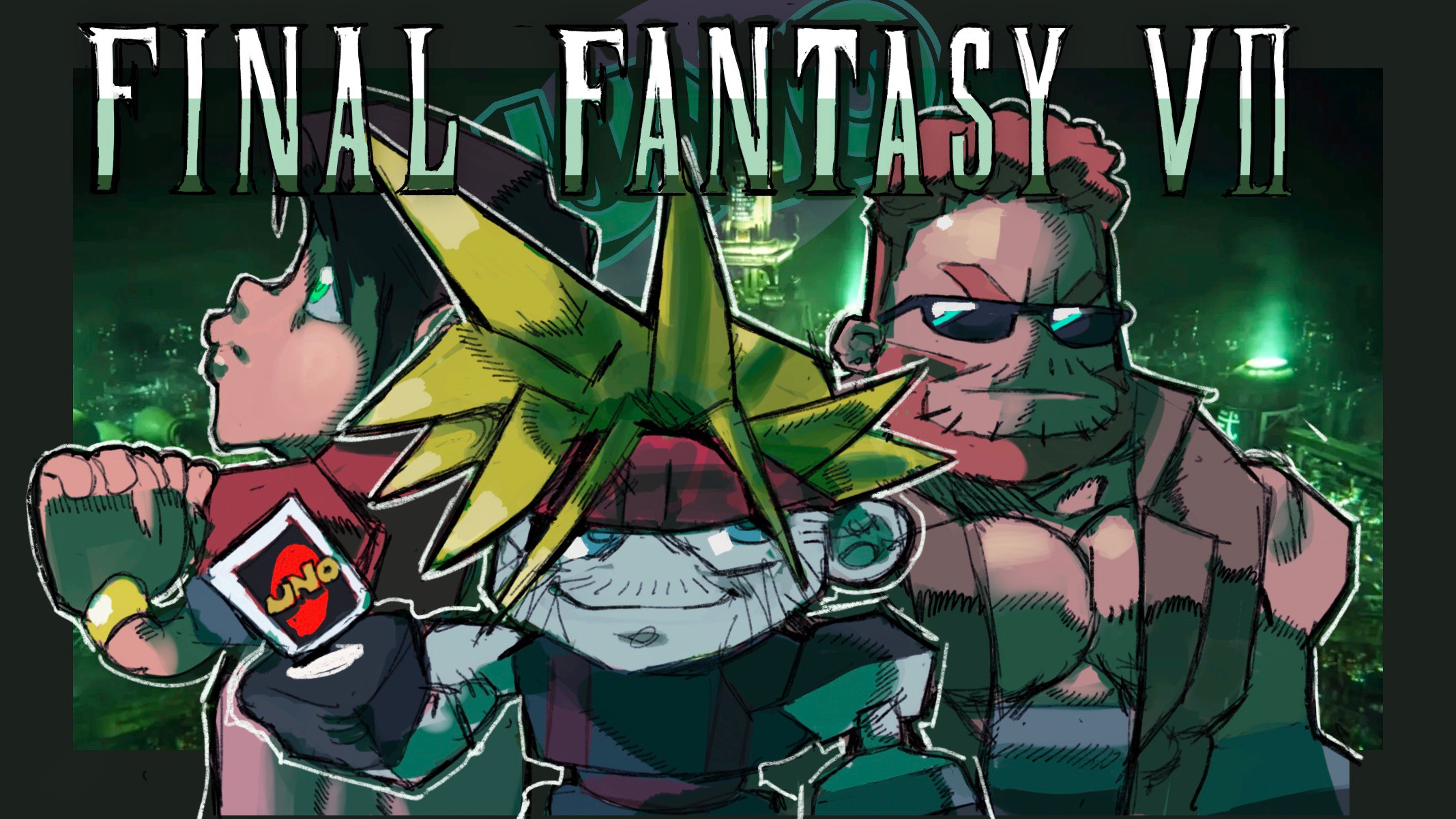
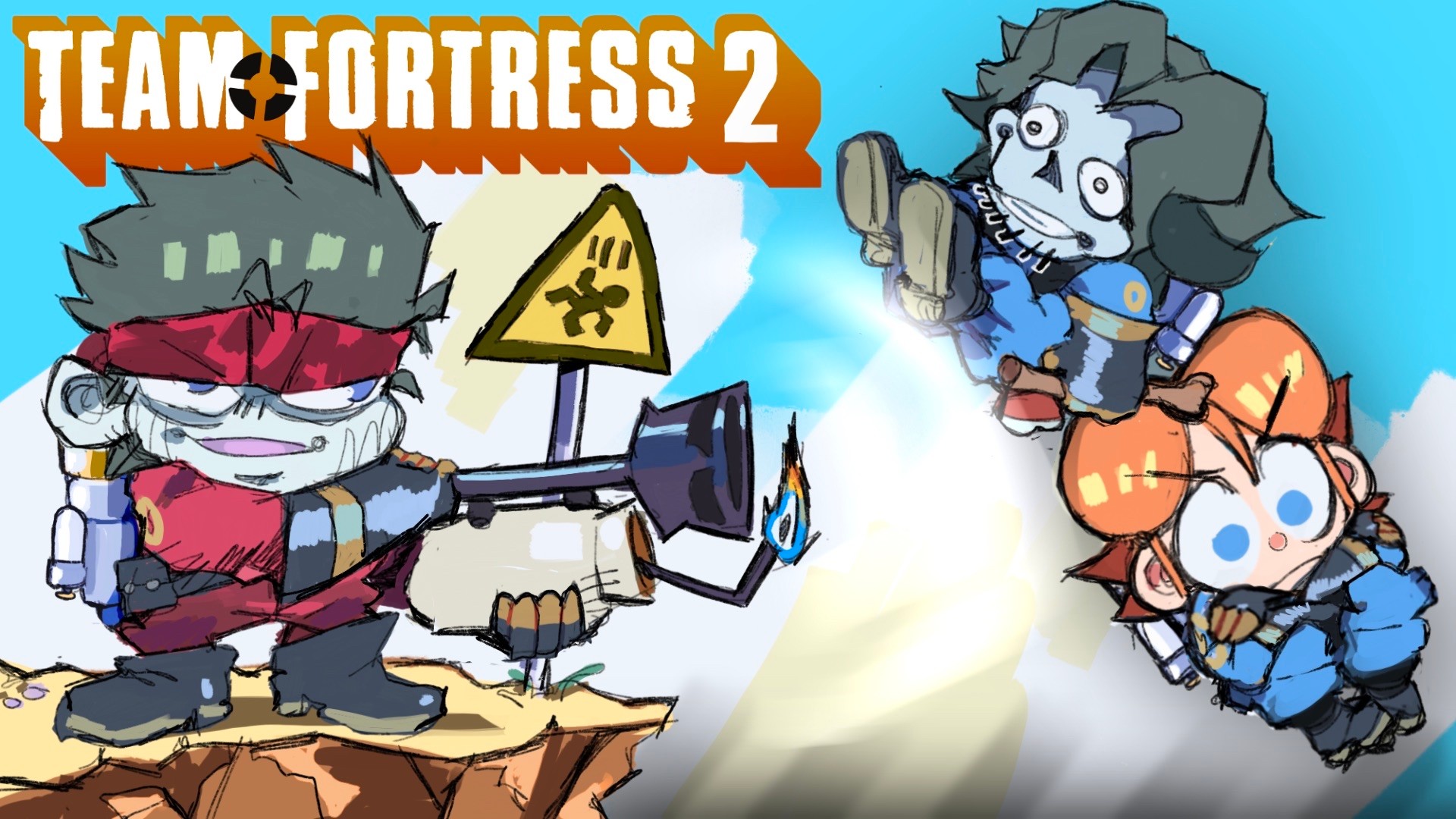
Contact Info:
- Website: https://bobe-brown.itch.io
- Twitter: https://twitter.com/spreadbrownhole


